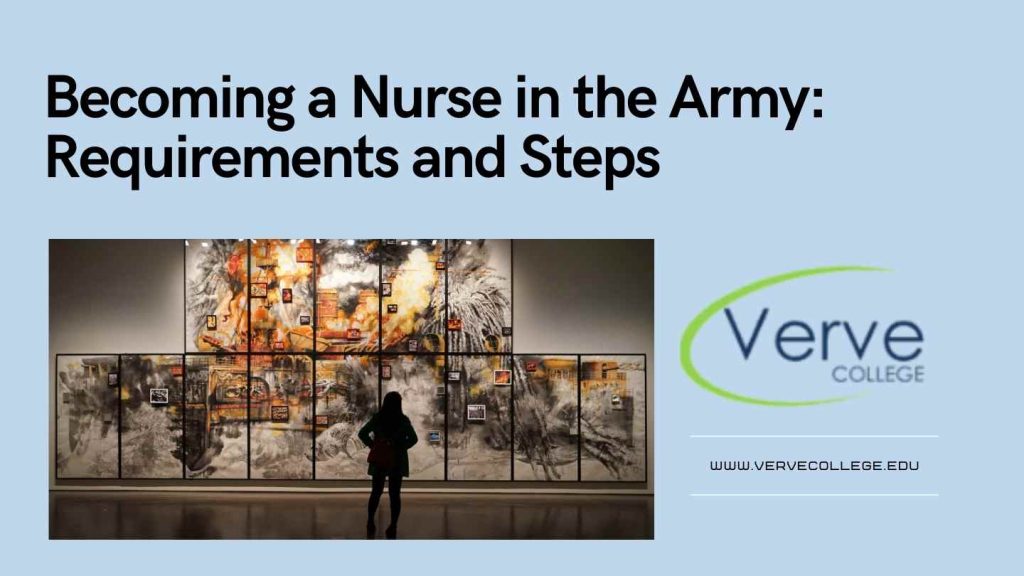- Oak Brook:(630) 705-9999
- Chicago:(312) 920-8822
- Email:inquiry@vervecollege.edu
- Make a Payment
- Home
- Programs
- Admission
- Resources
- ATI Entrance Exam Resources
- New E-Digital Library
- Refer a Friend
- School Newsletter
- Events
- Employers
- Job-Network
- Alpha Beta Kappa Candidates
- Verve College Library
- Graduation and Pinning Ceremony Photo Galleries
- Textbook Information
- Career Services
- Tutoring
- School Catalog
- FAQ
- Constitution Day Program
- Alumni
- Verve College Plans
- Financial Aid
- HEERF Reporting
- Satisfactory Academic Progress
- Apply For Financial Aid
- Net Price Calculator
- Return of Title IV Funds (R2T4)
- Financial Aid Office Code of Conduct
- Contact
- FAQs
- Verification Policy
- Vaccination Policy
- Student Right-to-Know Act
- Misrepresentation
- Information Security Program
- Academic Award Year
- Availability of Employee
- Cost of Attendance
- Health & Safety Exemption Requirement
- Students Rights and Responsibilities
- Leave of Absence
- Pell Formula
- Military Students
- Grants/ Scholarship Policy
- Contact Us
- Testimonials
- Blog
Is a Nursing Career Right For You?
Take The Free Quiz
Becoming a Nurse in the Army: Requirements and Steps
Becoming a Nurse in the Army: Requirements and Steps
Do you want to join the military as a medical professional after serving as a combat medic? Becoming a civilian nurse after having served can give your life purpose and stability, giving your skills new uses, expanding job options, and building on experience gained during combat duty. Switching from combat medic to nurse can be both rewarding and challenging – continue reading for more information about making the switch, as well as tips and resources available to veterans considering this path. Also, gain knowledge about the requirements to be a nurse in the army.
Skills Gained as a Military Medic
The primary responsibility of military nurses is to provide first aid, emergency medical care, and other forms of medical support to soldiers both during combat operations and noncombat situations. Their primary responsibility includes diagnosing and treating injuries sustained on the battlefield as well as other mental health problems experienced on a day-to-day basis.
Military medics possess many transferrable skills that can be applied in civilian nursing environments. Their nursing education from the best nursing colleges in Illinois encompasses hospitals as well as field operations. Some examples of such abilities are possible but not restricted to:
- Medical knowledge: Military medics are taught various procedures, such as wound care and patient assessment, that civilian nurses need to provide quality patient care. Understanding these fundamental skills enables civilian nurses to quickly assess a patient’s condition before providing timely treatments.
- Military medics must respond swiftly and efficiently in emergencies. Civilian nurses also rely on this skill since they frequently provide emergency treatments in various settings such as hospitals or nursing homes. Civilian nursing staff must think quickly and make quick decisions to treat patients effectively during an emergency.
- Leadership: Military medics require strong leadership abilities to lead their medical personnel during an operation or mission, just as civilian vocational nurses require these same qualities to manage teams of healthcare providers like doctors or technicians while caring for patients. Civilian nurses use leadership abilities as an aid for ensuring all healthcare providers work towards one common goal such as providing quality patient care.
- Communication is of utmost importance for military nursing, who must effectively communicate with all members of their health care team during an operation. At the same time, civil professional nurses must do the same when providing critical care to patients or healthcare professionals.
- Cultural Awareness: Military medics need strong cultural awareness, patience, and empathy to interact with personnel from different backgrounds effectively. Civilian healthcare teams also must possess these traits since they frequently encounter people of diverse backgrounds when treating healthcare settings.
What Are the Requirements to Be a Nurse in the Army?
While transitioning from combat medicine to civilian nursing may seem impossible, it can be done with proper guidance and steps. Consider enrolling in a practical nursing program from an established institution such as Illinois College of Nursing tuition (community college) as one option. The first step should be getting training and education to become a licensed practical nurse – this usually means earning an educational program from an accredited program, which includes classroom training with critical thinking skills as well as hands-on experience. Upon completing the education requirements, you must have the average NCLEX-PN pass rate before practicing as an LPN.
Networking with healthcare professionals, volunteering in hospitals, and seeking mentorship are great ways to gain experience and connections within the industry. You may need to update your resume or build an online presence if you want to land a healthcare job; many practical nurse school (nursing schools) provide military support programs like LPN programs for military medics so veterans can succeed in civilian life more smoothly and can get a nursing license, merging nursing compassion and knowledge with combat medic skills may create an exciting nursing career path!
 Sign up
Sign up Login
Login




